Israel approves Gaza deal as hostage release draws near
Israel’s cabinet has approved an agreement on a ceasefire in the Gaza Strip that would free Israeli hostages, with the deal set to come into effect on Sunday.
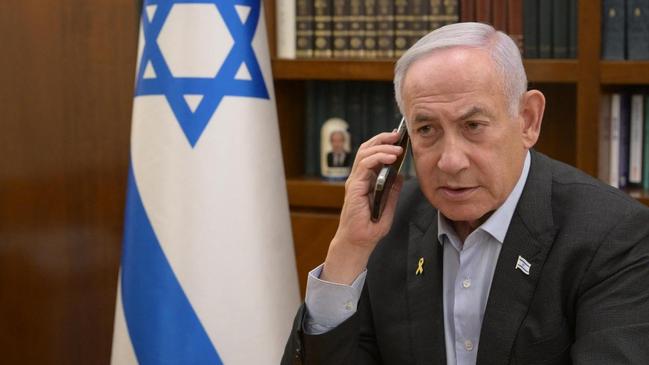
Israel’s cabinet approved an agreement on a ceasefire in the Gaza Strip that would free Israeli hostages, ending two days of debate that had underscored the pact’s fragility.
The full cabinet endorsed the deal hours after the security cabinet had approved it. Earlier Friday, Prime Minister Benjamin Netanyahu, who had accused Hamas of reneging on parts of an agreement originally announced Wednesday, said negotiators had reached an agreement.
The deal will go into effect Sunday, according to the Israeli prime minister’s office.
President-elect Donald Trump, who had pushed hard for a deal to be wrapped up before his inauguration Monday, weighed in again as negotiators debated the last points.
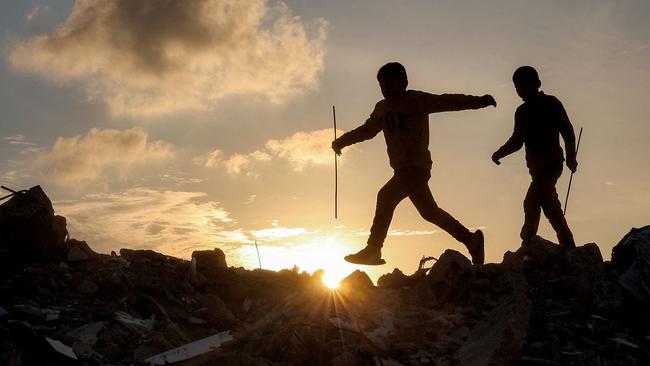
“Frankly, it better be done before I take the oath of office,” Trump said in a radio interview Thursday. “I assume it is now. You know, we shook hands, and we signed certain documents. But it better be done.”
A day earlier, President Biden and the Prime Minister of Qatar had announced that both Israel and Hamas had accepted the truce, the result of a year of painstaking diplomacy.
Palestinian militant group Hamas also said it had reached a deal with Israel, while Israeli President Isaac Herzog welcomed the agreement and urged the Israeli government to accept it.
But as celebrations erupted across the Gaza Strip and leaders exchanged congratulations, Netanyahu raised uncertainty by accusing Hamas on Thursday of backing out of parts of the agreement during negotiations taking place in Qatar, creating what his office called “a last-minute crisis.”
Hamas officials said Thursday the group remained committed to the deal.
The negotiators worked late into the night Thursday to resolve the last-minute issues, Arab mediators said. In the end, nothing of substance was changed in the first of the deal’s three phases, they added, allowing it to proceed as agreed a day earlier.
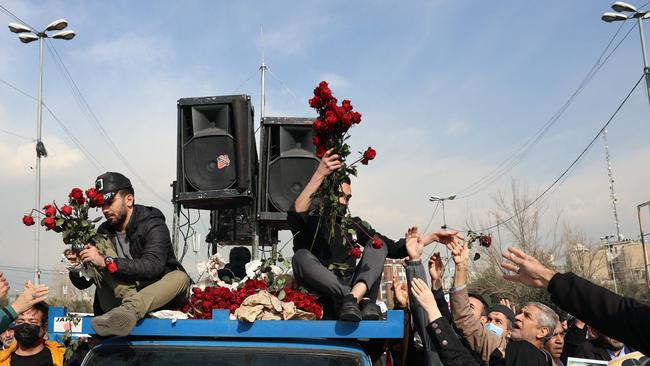
One issue that arose in the talks in the Qatari capital, Doha, was the matter of Israel’s withdrawal from a strip of land on the Gaza-Egypt border known as the Philadelphi corridor. Israeli officials said they want Israel’s forces to remain in the area longer. The text of the agreement, viewed by The Wall Street Journal, calls on Israel to gradually reduce its forces in the area in the first of the three phases of the deal. Israel agreed to stick with the original plan, the mediators said.
At the same time, Hamas agreed to defer its demand that Israel release six prominent Palestinian detainees, including political leaders Marwan Barghouti and Ahmad Saadat, to a later phase of the deal, they added.
The prospect of a ceasefire hasn’t brought about a lull in the fighting. Israel launched more air strikes in the Gaza Strip on Wednesday and Thursday morning, according to Palestinian authorities and residents of the enclave. Israeli strikes killed 81 people in the past 24 hours, according to Palestinian health authorities, who don’t say how many were combatants. A number of casualties were still under the rubble and on the roads where rescue and recovery workers couldn’t reach them, they said.
The Israeli military said it had struck 50 targets across the enclave over the past day, including members of Hamas and Islamic Jihad, another militant group in Gaza, and weapons and other military facilities belonging to Palestinian armed groups. It also said it killed a Hamas member who participated in the Oct. 7, 2023, attack on Israel that sparked the current war.
The ceasefire deal’s announcement on Wednesday came after negotiators – including Steve Witkoff, Trump’s designated Middle East envoy, and officials from the US, Israel and Arab countries – convened in Doha to complete the draft agreement.
The deal starts with an initial release of hostages by Hamas and Palestinian prisoners by Israel, along with convoys of humanitarian supplies entering Gaza.
Hamas and Israel would also start negotiating the terms of a more lasting truce during the initial stage.
Within Israel, the deal also faces resistance from far-right politicians who want Israel to stick to its original stated war aim of eliminating Hamas. Hard-line Israeli politicians such as National Security Minister Itamar Ben-Gvir and Finance Minister Bezalel Smotrich hold key positions in Netanyahu’s government and have threatened in the past to leave his cabinet if he accepted a ceasefire, risking the collapse of the ruling coalition.
Ben-Gvir said Thursday that he planned to quit the government if the deal was implemented and urged Smotrich and members of Netanyahu’s Likud party to do the same. He also said that if Israel returned to the fighting he would rejoin the government, signalling his opposition to the second stage of the deal, which is supposed to result in a permanent ceasefire.
“If this reckless deal is approved and implemented, the Otzma Yehudit party will not be part of the government and will quit it,” Ben-Gvir said, referring to the far-right party he heads.
Separately, Minister of Diaspora Affairs Amichai Chikli said Thursday that he would leave the government if Israel stops the war as envisioned in the second phase of the deal. Chikli, who is from Netanyahu’s Likud party, said he opposes Israel withdrawing from the Philadelphi corridor, which Israeli forces seized in May.
Groups of right-wing protesters who oppose the deal took to the streets of Jerusalem on Thursday, with dozens blocking roads and holding signs that read, “Yes to victory, no to surrender!” Protests in recent days against the deal have drawn hundreds of activists.
If it is fully implemented, the deal could mark the beginning of the end of one of the deadliest episodes in modern Middle Eastern history. The war has killed more than 46,000 Palestinians in Gaza and hundreds of Israeli soldiers, leaving much of the enclave in ruins.
Israel launched its offensive in Gaza in response to the Hamas-led attack in southern Israel that killed around 1200 people. Palestinian militants seized another 250 hostages, setting in motion a painful ordeal for hundreds of the captives’ families who have campaigned for their release.
A ceasefire in Gaza could also calm tensions across the region after the conflict ignited wider hostilities, including a war between Israel and Hezbollah in Lebanon and the first-ever exchanges of direct fire between Israel and Iran last year.
—Saleh al-Batati, Alan Cullison and Nancy A. Youssef contributed to this article.
The Wall Street Journal

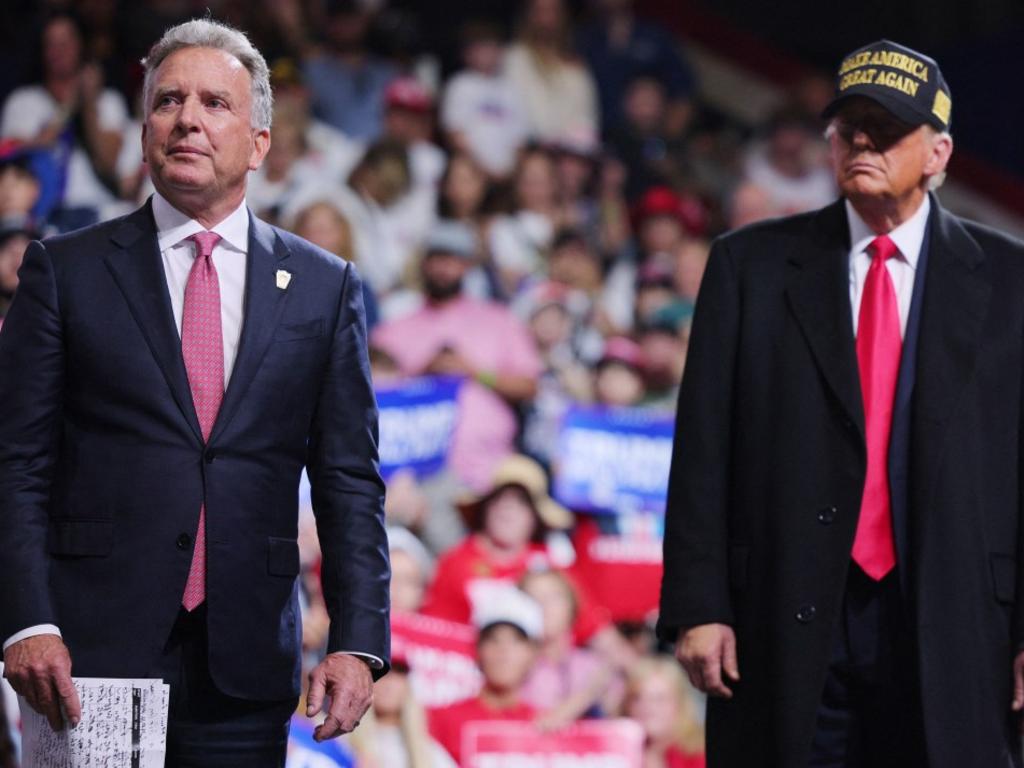
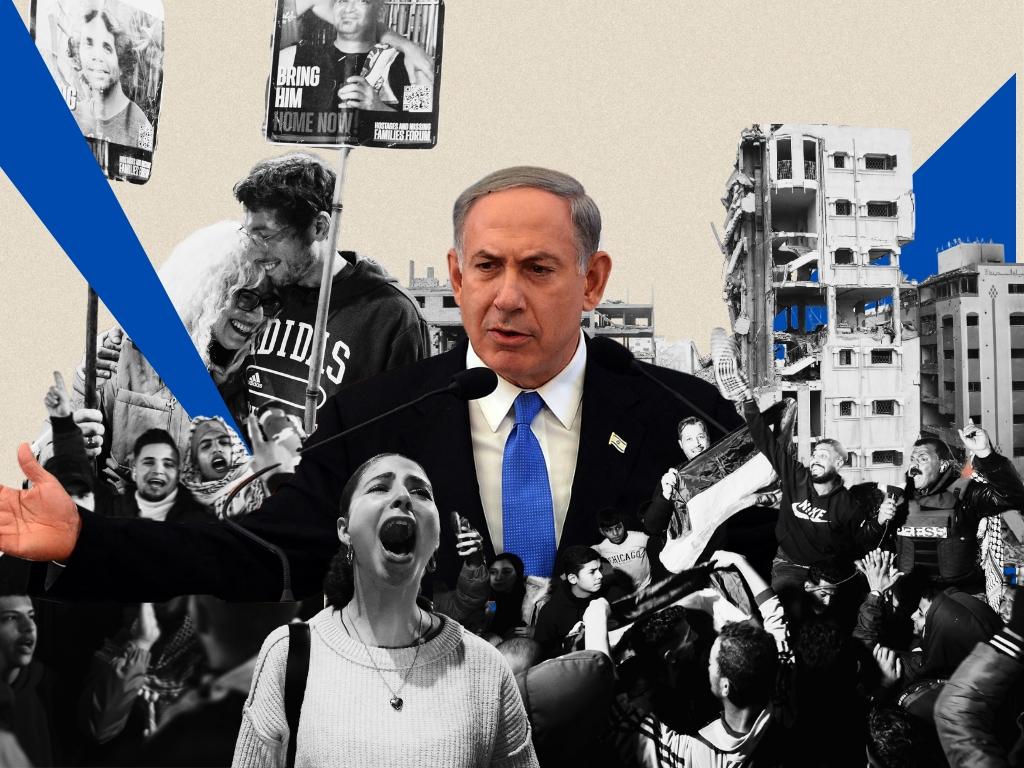
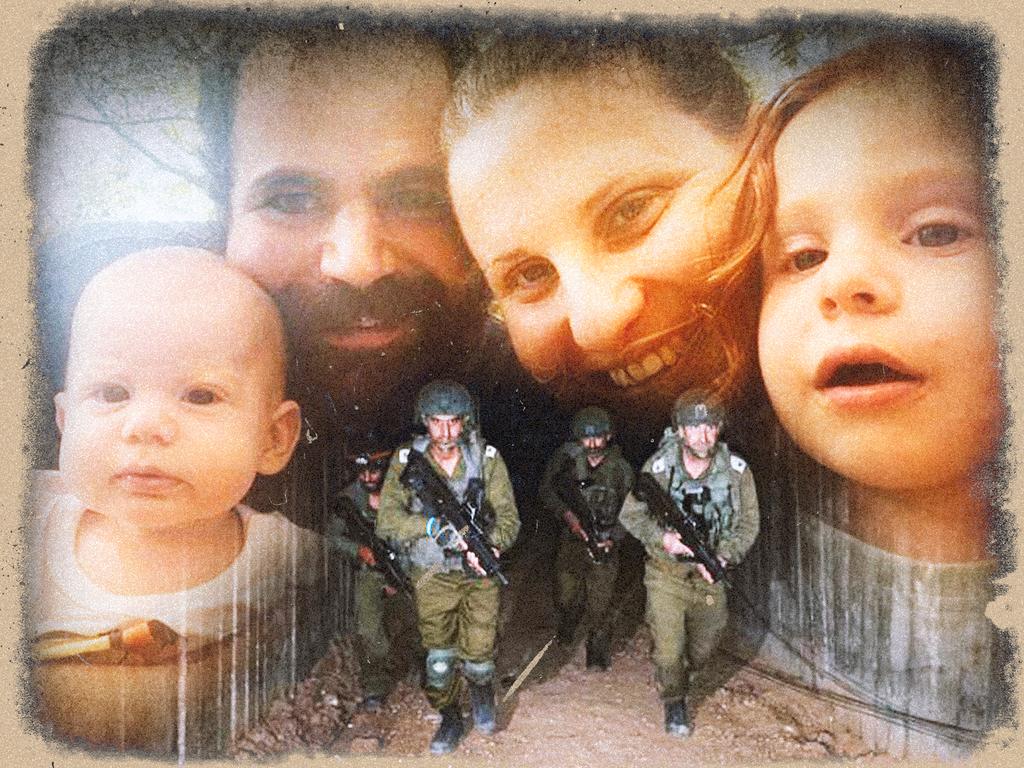



To join the conversation, please log in. Don't have an account? Register
Join the conversation, you are commenting as Logout